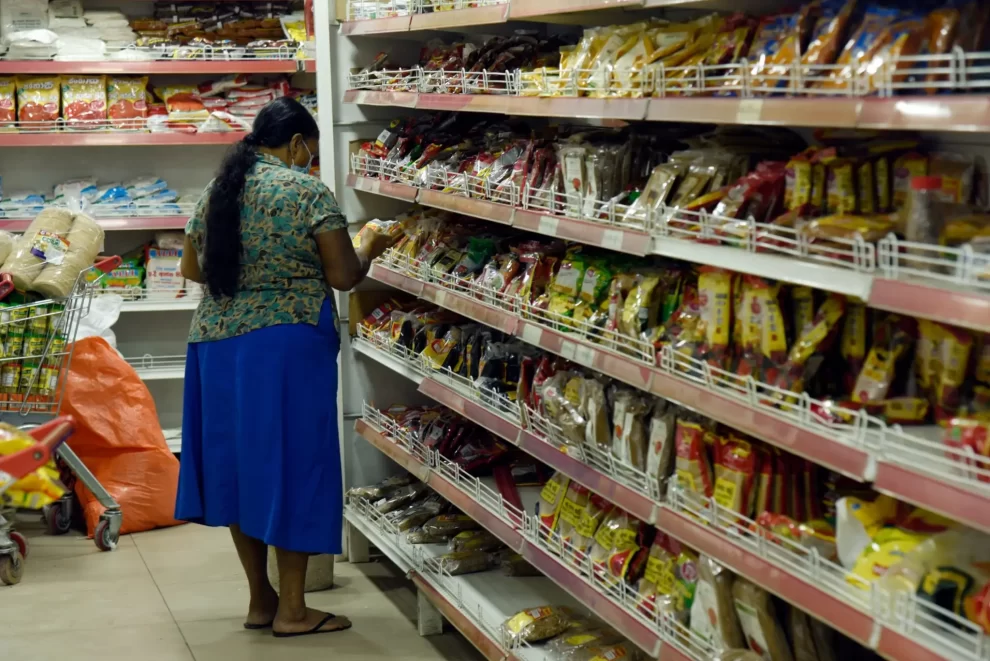Consumers across Sri Lanka are expressing alarm over sharp price increases for essential goods, including staple food items like rice and vegetables, even before the new Value Added Tax (VAT) rates take effect in January 2024.
These escalating prices, coupled with reported shortages in some areas, have sparked concerns about potential profiteering and inadequate market oversight.
The National Consumer Front (NCF) has been particularly vocal in highlighting the troubling trend.
They point to instances where key ingredients for daily meals, like samba rice and vegetables, have seen significant price jumps.
For example, tomatoes were reported at 800 rupees per kilo in Peliyagoda today, while chillies reached a peak of 2,400 rupees per kilo, said NCF leader Asela Sampath, noting that these figures represent substantial increases compared to recent weeks and months.
Sri Lanka’s value added tax (VAT) will undergo a significant change in the new year, as the rate is set to increase from 15% to 18% effective January 1st, 2024.
Previously exempt items, such as certain goods and services, will now be subject to the 18% VAT, while many other goods will see an increase in VAT from 15% to 18%.
Previously exempt items like diesel, petrol, and liquefied petroleum gas (LPG) will now be subject to VAT.
However, the existing 7.5% Ports and Airport Development Levy on these products will be scrapped.
Consequently, the overall tax burden on diesel and petrol will be 10.5%.
However, liquefied petroleum gas or cooking gas will see a net increase as the 18% VAT replaces the current 2.5% port and airport development levy, pushing the overall tax burden to 15.5%.
A list of VAT-exempt goods has been made public, and this includes electricity, wheat and wheat flour, baby formula, medicines and pharmaceutical ingredients, crude oil, kerosene, aviation fuel, agricultural seeds and plants, animal feed, textile yarn, and public passenger transport services.
Locally produced handloom textiles, rice, rice flour, unprocessed agricultural and fish products remain outside the VAT purview as well.
Source: News First






























